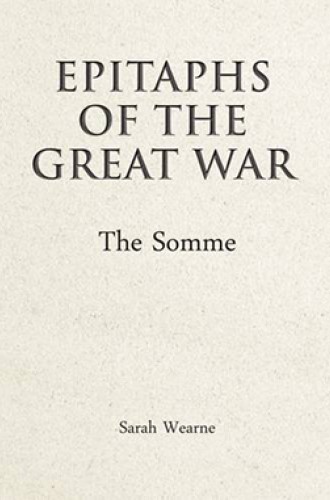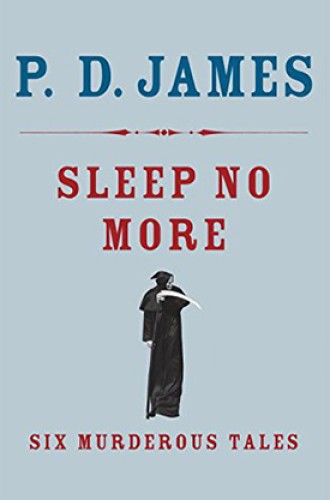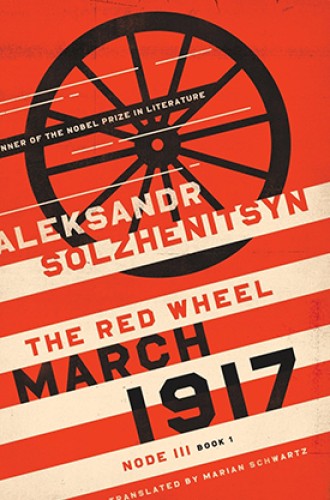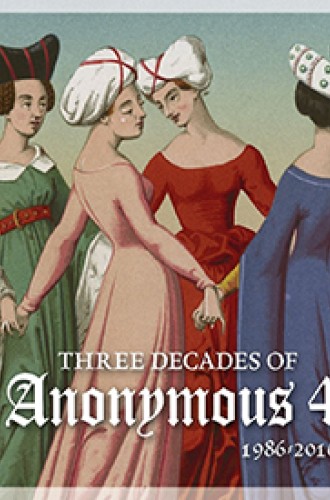For me, hope and consolation often come at an unexpected angle: a revelation, always suggesting a truth larger than I can grasp; a gift. The rolling centennial of World War I, still in progress, has yielded enough books to create a modest library. Reading even a couple of shelves of them is an overwhelming experience. In some respects, the war—often described as a horrifying waste, a grotesque exercise in futility—is in fact a microcosm of human history. Amid all this, it would be easy to overlook a little book by Sarah Wearne, Epitaphs of the Great War: The Somme, published in Britain in 2016 and distributed in the United States this fall by the University of Chicago Press. Wearne has selected the epitaphs of 100 soldiers who died on the Somme battlefield between July 1 and November 18, 1916; each page features an epitaph with brief commentary.
Last year, devoted readers of P. D. James were thankful for The Mistletoe Murder, a slim posthumous volume of stories cunningly released shortly before Christmas. A year later, we have Sleep No More. A book of stories about murder, pitched as a Christmas gift? Hope and consolation from a book that takes its title from Macbeth? Yes, because in these stories—as in the novels that made her famous, as in the life she lived with steely determination before she achieved that fame, with a mentally ill husband and a family to support—James looks straight at the worst, undaunted, with realism, compassion, cool wit, and hard-won hope.
Aleksandr Solzhenitsyn spent many years in the latter part of his long life working on The Red Wheel, a multivolume chronicle of “the whirlwind of revolution in Russia.” Until now, only two parts of this hugely ambitious work had appeared in English translation, followed by a long hiatus. Now, at last—on the centenary of the Russian Revolution—the first part of another volume has appeared in English, March 1917, with translations of the remainder of the work promised. I have been waiting for this book for many years. My copy arrived just yesterday, so I’ve only had time to read a few of its more than 600 pages. Still, I couldn’t leave it out. The Red Wheel—like Solzhenitsyn’s life and work taken whole—is a testament to hope married to determination.








